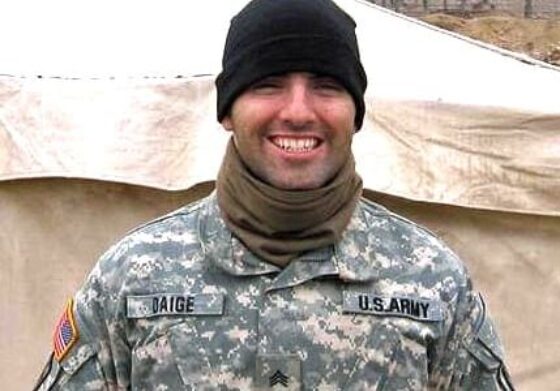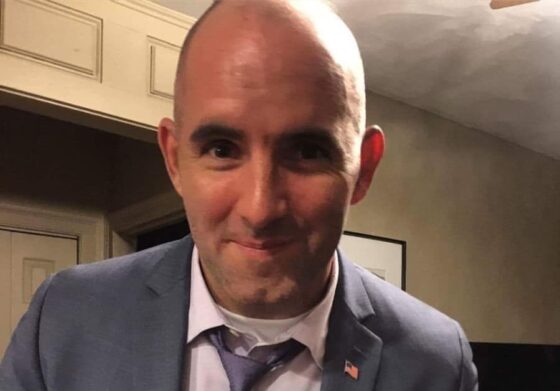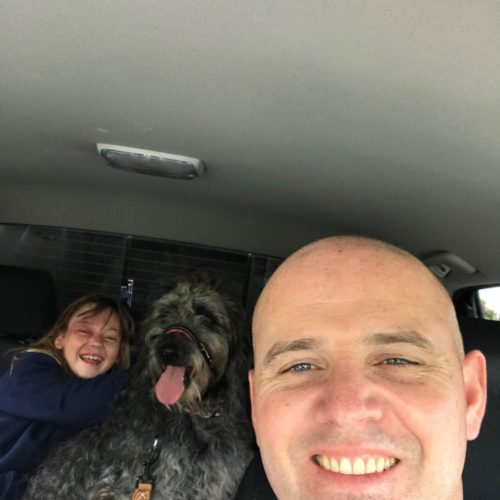In 2003, I was deployed to Iraq with my Army Reserve unit. During down time on base I lifted weights quite regularly. When I woke up with severe pain in my groin, I assumed that I had pulled something while working out and didn’t think much more of it. When the pain persisted, I realized that this was not normal for me, but I continued to brush it off for six months until it became so severe that I decided to see a doctor. I was diagnosed with a hernia and had surgery in between my first and second deployment.
Flash forward almost 10 years later. I was 29 years old and employed as a police officer in Worcester, Mass. I did night patrol on one of the busiest streets—I really enjoyed this beat and appreciated the opportunity to stay busy and keep the neighborhood safe.
“I have had two careers where being tough and brave can be life-saving, but when it comes to your health, don’t tough it out—call your doctor and share as much information as you can.”
I began to experience pain in my groin again, but this time it was different. The pain was much more intense and I noticed that one of my testicles was getting bigger. I also felt like I had a head cold which was lasting longer than usual. When you’re in the military, the general mindset is to “fight through the pain,” so that is what I did. This approach landed me in the emergency room just a few weeks later.
The team at the hospital ran a number of tests including an ultrasound. The doctor then informed me that I had a mixed germ cell tumor—testicular cancer. While the news was shocking, I was quickly scheduled into surgery to remove the tumor. After the tumor was removed, I thought that my cancer troubles were over.
As I healed and began running again, I noticed that I was wheezing. It was a subtle change in my health, so I pushed through it for several weeks until I began to cough up blood. This was a huge red flag so I went to the doctor right away. Test results came back revealing that the cancer we thought was in remission had spread into my chest and lungs where six tumors were discovered.
The medical team wanted to delay treatment, which did not sit well with me, so I sought a second opinion. I am so glad that I did because the next doctor insisted on starting chemotherapy treatment immediately. I’m positive that this made a major difference in putting my cancer back in remission.
The cancer has come back a few times and I’ve had a total of 10 operations over the past several years, including two brain surgeries and getting 1/3 of my right lung and 10% of my left lung removed. Because I acted fast each time I noticed a change, I am now happy to say that I’m cancer-free.
My advice to people who read my story is: If you notice a change in your health that feels abnormal or unusual and doesn’t improve after two weeks—call your doctor right away.
I have had two careers where being tough and brave can be life-saving, but when it comes to your health, don’t tough it out—call your doctor and share as much information as you can. You know your body best and are an important member of your healthcare team.
Symptoms
- pain in groin
- swollen testicles
- symptoms of a head cold










